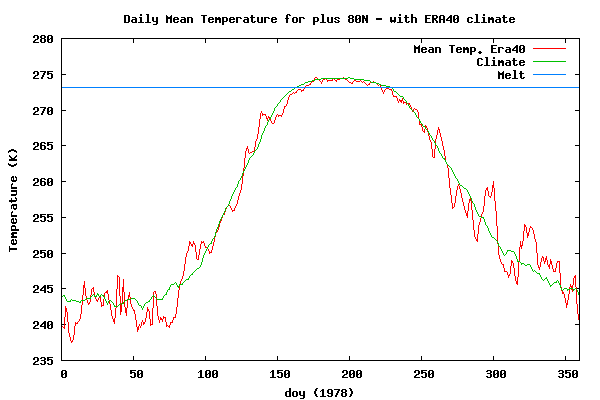Overturning Campaign Finance Restrictions Would Allow Corporations to Dominate Elections
WASHINGTON, D.C. - Public Citizen joined a team of other attorneys in submitting a friend-of-the-court brief to the U.S. Supreme Court today, urging the court to adhere to its precedents and reaffirm the longstanding principle that corporations may not engage in unfettered campaign spending.
The brief filed in Citizens United v. Federal Election Commission argues that if the Supreme Court overrules past decisions and strikes down portions of the Bipartisan Campaign Reform Act of 2002 (BCRA), corporations would be free to mobilize their vast assets as political "war chests" and could soon come to dominate electoral discourse. Ruling against BCRA would not only condemn its electioneering provisions, but also the decades-old requirement that corporations make campaign expenditures only through political action committees (PACs) funded by individual donations, not from their corporate treasuries.
"This has become one of the most important campaign finance cases of our generation," said Public Citizen attorney Scott Nelson, who coauthored the brief with former U.S. Solicitor General Seth Waxman and his partners Randy Moss and Roger Witten of the law firm Wilmer Cutler Pickering Hale & Dorr LLP, as well as former Public Citizen Litigation Group Director Alan Morrison, currently on the faculty of the George Washington University Law School.
The case involves the abortive plan of a right-wing group, Citizens United, to broadcast Hillary: The Movie, which a lower court found to be electioneering subject to BCRA. Among other things, BCRA prevents corporations from funding broadcasts containing candidate advocacy except through segregated funds, or PACs, with all money donated by individuals. Citizens United admittedly did not comply with those restrictions.
After hearing argument in the case in March, the Supreme Court announced that it wanted to hear additional argument on whether two of its key precedents allowing limitations on for-profit corporations’ ability to use corporate funds for electoral purposes should be overruled. The brief filed today on behalf of the principal congressional sponsors of BCRA (Sens. John McCain and Russ Feingold and former Reps. Chris Shays and Marty Meehan) strongly urges the court to uphold BCRA’s constitutionality.
Now at issue in the case is whether the court should overrule Austin v. Michigan Chamber of Commerce, which held that the government can limit for-profit corporations to the use of PACs to fund express electoral advocacy, and McConnell v. FEC, which applied that principle to uphold the constitutionality of BCRA’s "electioneering communications" provisions, which restrict corporate funding of election-eve broadcasts that mention candidates and convey unmistakable electoral messages.
The brief submitted on behalf of the BCRA sponsors urges that "[o]verruling Austin or McConnell in this case would be unwarranted and unseemly" and that the principle of respect for the court’s precedents requires a "special justification" - which is absent here - before the court may take such a drastic step. The decisions, the brief contends, "are vital cornerstones of modern campaign finance" and "[o]verruling them would severely jolt our political system."
The case will be reargued on Sept. 9.









No comments:
Post a Comment